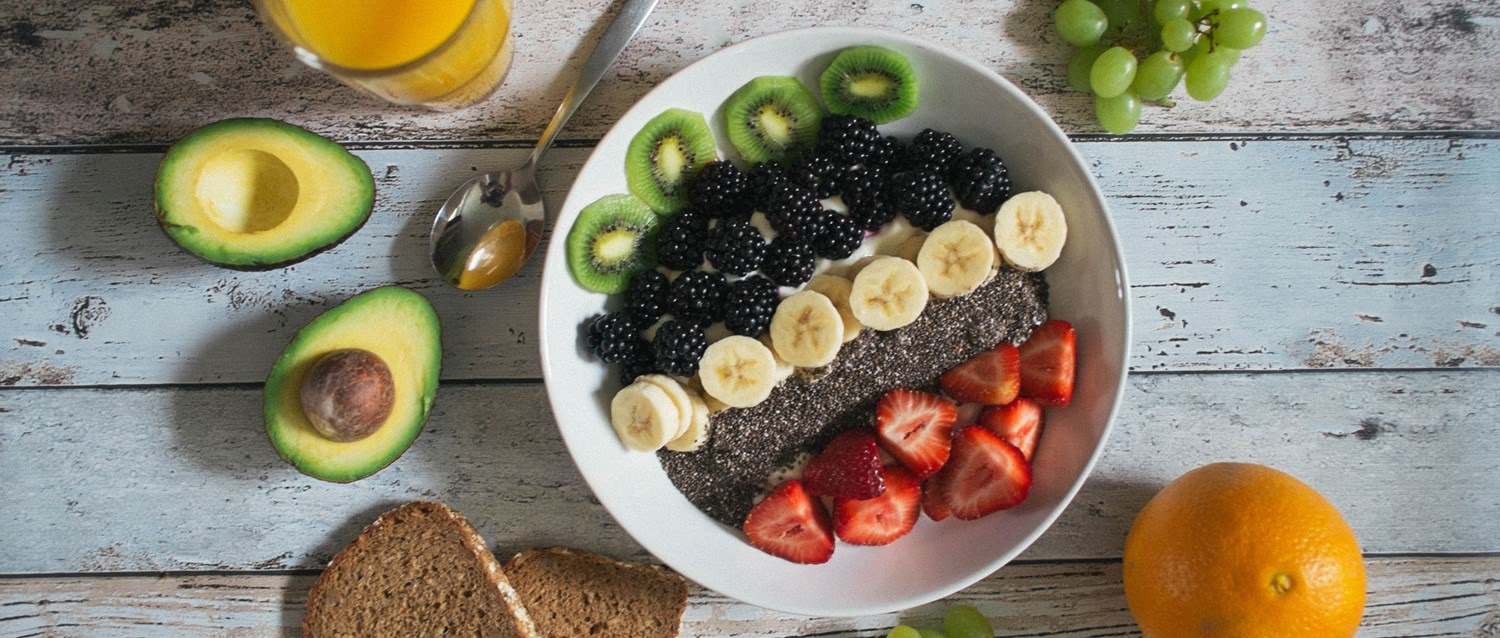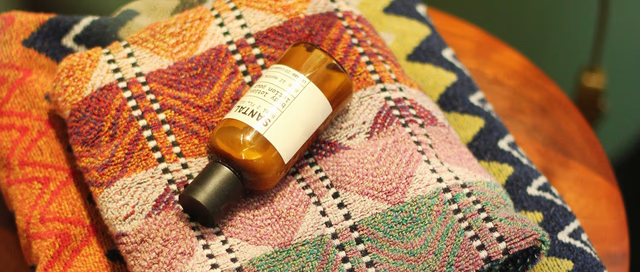
The best foods to eat for healthy skin
Peer reviewed by Dr Sarah Jarvis MBE, FRCGPLast updated by Rose Constantine SmithLast updated 7 Nov 2017
It seems we go from fighting so-called 'teenage' spotty skin with lotions and potions, straight on to battling wrinkles with anti-ageing creams. But could there be another way?
Here we take a look at some of the key nutrients for healthy skin and what you should be adding to your weekly shop to get them.
In this article:
Continue reading below
Wholegrain carbohydrates
We all know that opting for wholegrain varieties of bread, rice and pasta is better for maintaining energy levels and also for their higher fibre content. There is also plenty of evidence that opting for these foods, which have a low glycaemic index (GI), can also be beneficial for the state of our skin, especially in cases of acne.
How much do we need?
This will vary from person to person, depending on many factors including age, sex and level of activity through the day. For the average adult, it is recommended that you consume a portion (roughly the size of your fist) of complex carbohydrate three times a day.
What to buy
Brown and wholegrain rice, bread and pasta.
Potatoes with skin on.
Wholegrain cereals.
Pulses and beans.
Patient picks for Other skin problems
Vitamin C
Vitamin C plays a role in collagen synthesis which keeps skin supple and firm, whilst also acting as an antioxidant to reduce damage from the environment, such as pollution and sun damage. Many of the foods which contain vitamin C also contain carotenoids which have been found to give the skin a healthy glow to rival that from the sun!
How much do we need?
Males and females aged 15 years and older are recommended to have 40 mg per day.
What to buy
Fruits and vegetables such as:
Broccoli
Tomatoes
Peppers
Squash
Continue reading below
Vitamin D
Many find that after a sunny holiday, or during the summer months, their skin seems to improve miraculously, with fewer spots and redness. This is because, as studies have shown, the so-called sunshine vitamin helps to reduce inflammation, particularly in conditions such as acne and psoriasis. Vitamin D has also been shown to play an important role in the regulation of new skin cells.
Our main source of vitamin D during the months of April to September is the sun. But the period from October to May leaves people who live in the UK deficient in this vital nutrient. Although it can be difficult to get all that we need from our meals - and the government advises everyone to take a supplement in autumn and winter - there are some foods which can help us maintain it.
How much do we need?
10 ug per day over the age of 1 year.
What to buy
Oily fish.
Fortified cereals and dairy products*.
Eggs from fortified chicken*.
*Check the labels
Omega-3
Like vitamin D, omega-3 is thought to have a role in reducing inflammation, while also helping to prevent dry skin; keeping it soft and supple. There are also studies showing that meeting the daily omega-3 intake can also improve the skin's immunity to damage from the environment and therefore also reduce the risk of the development of skin cancer in the future.
How much do we need?
There is no specific recommended dose of omega-3, but roughly two portions of fish (140 g fresh or 1 small can oily) a week, from the age of 12 years, should be enough.
What to buy
Oily fish: mackerel, salmon, sardines, crab, tuna (fresh or frozen).
Non-fish: flax seed, soy products, walnuts, rapeseed oil, green leafy vegetables.
Continue reading below
Vitamin E
We are all familiar with seeing vitamin E as an ingredient in our face creams, so why get it working from the inside too? The hype about this vitamin, which has been going for over 50 years, is there for good reason.
It is high in antioxidants which work to reduce free radical damage caused by the environment, slowing the ageing process whilst also protecting the skin from UV damage. Studies have also found that vitamin E supports skin healing, so if you do have a spot breakout, consuming sufficient amounts of vitamin E will ensure it heals as quickly as possible!
How much do we need?
Women are recommended to consume 3 mg a day and men 4 mg per day.
What to buy?
Olive oil.
Nuts and seeds.
Wheat germ (which can be found in cereals).
Skin allergies and diet
More than 10% of children suffer from eczema and parents are always looking for ways to resolve it naturally, through food. Although there are many other factors that can trigger eczema it is often possible to treat through diet in children. Studies have found that on average food allergy plays a role in eczema in one third of children with moderate or severe eczma. The proportion of children affected varies with their age, and they often grow out of it. However, research has shown that this relationship is not common in adults.
If you are concerned about your child's skin health it may be worth speaking to your doctor about allergy testing for the following foods.
Cow's milk
Hen eggs
Peanuts
Soy
Wheat
Fish
Tree nuts
The bad stuff
As you might expect, there are also foods and nutrients which have been found to inhibit skin health.
Sugary foods
The main culprit is sugary foods, which often fall into the category of high GI. A study looking at the effects of sugar on the appearance of skin found that those with a high level of sugar in the blood looked worse than those with lower levels. This is thought to be because high levels of sugar in the blood cause an inflammatory state in the body which can increase the rate of skin ageing. So avoid refined, proceeded foods and instead stock up on fruit, vegetables and oily fish. Believe me, your skin will thank you for it.
Dishing the dirt ...
Contrary to popular belief there is no significant evidence to show that additives have any significant impact on skin health. In fact, many additives are natural in their origin but are now synthetically made as it is less expensive. So, there is no need to trawl through the list of ingredients, all in aid of better skin!
Article History
The information on this page is written and peer reviewed by qualified clinicians.
7 Nov 2017 | Latest version

Feeling unwell?
Assess your symptoms online for free

